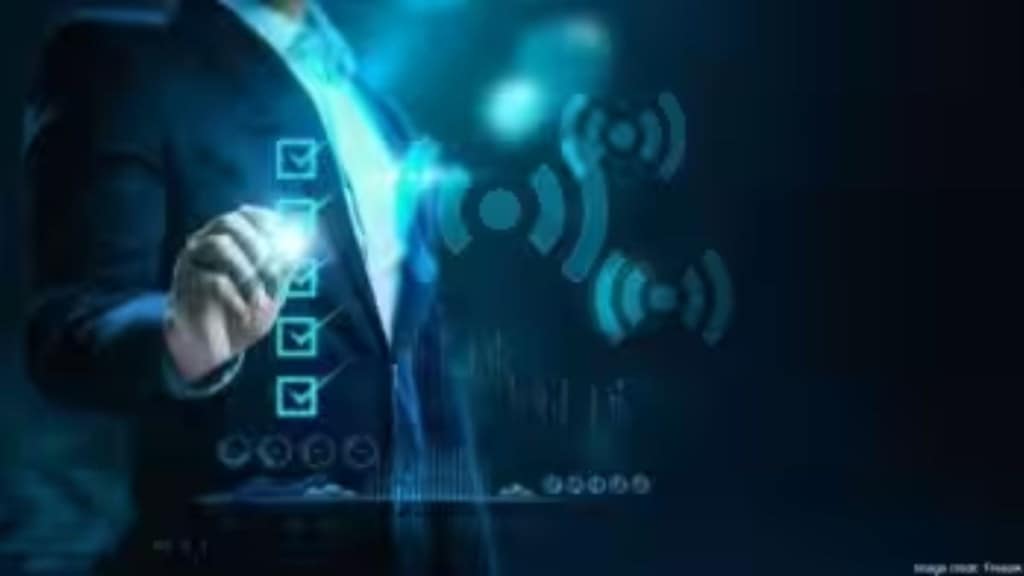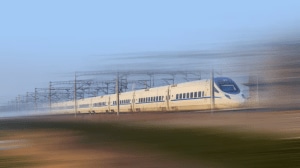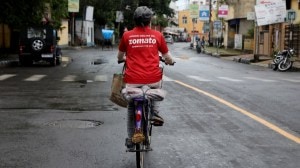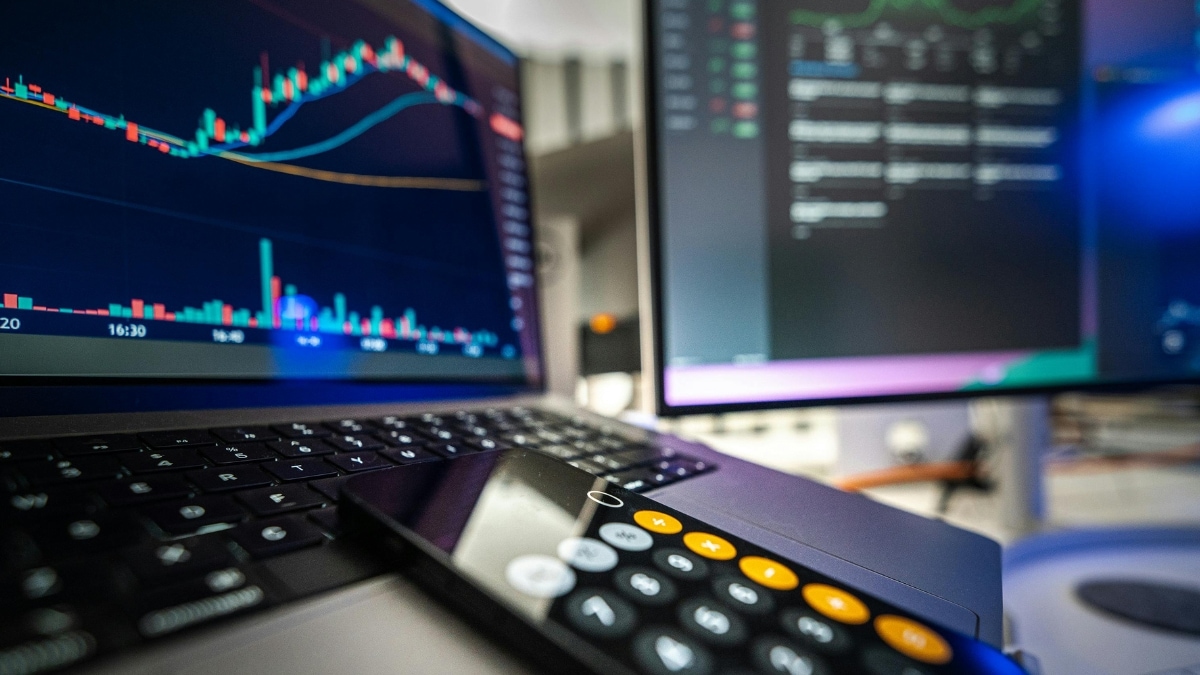By Reema Nadig
“The evolution of senior healthcare in India reflects not just medical progress, but our society’s
commitment to honoring the wisdom of age.”
The world is witnessing an unprecedented revolution—one that isn’t powered by technology or innovation, but by the inexorable march of time itself. This is the aging revolution, a transformative journey that is reshaping our healthcare landscape, particularly in the realm of elderly health. As the global population ages, our healthcare systems are undergoing a profound shift, demanding innovative strategies and comprehensive approaches to cater to the unique needs of our seniors.
From Burden to Opportunity: Rethinking Elderly Health Care
Gone are the days when aging was perceived merely as a burden on healthcare systems. Today, it is a resounding opportunity to redefine our approach toward elderly health. As longevity increases, we are granted more time to live fulfilling lives, and our healthcare systems must adapt to support this extended phase of existence. This shift is akin to unlocking a new chapter in healthcare, where prevention, wellness, and holistic care become central tenets.
Navigating the Spectrum of Elderly Care
The Ageing Revolution isn’t a singular monolith; it is a spectrum that spans various dimensions of elderly care. From preventive measures and early intervention to chronic disease management and end-of-life care, each phase is a critical component of the journey. This shift entails a move from episodic care to continuous care, where healthcare professionals serve as partners in navigating the intricate tapestry of health that comes with advancing age.
Embracing Technological Advancements
While age may come with its challenges, it also brings forth unprecedented technological advancements that have the power to revolutionize elderly healthcare. From telemedicine and remote monitoring to wearable devices that track vital signs, technology bridges the gap between patients and healthcare providers, offering timely interventions and personalized care plans.
Promoting Age-friendly Environments
A truly revolutionary approach to elderly healthcare transcends the confines of hospital walls. It extends to the very environments in which seniors reside. Age-friendly architecture, transportation, and urban planning are pivotal aspects of this transformation. This shift acknowledges that healthcare doesn’t solely reside in medical facilities, but also within the very fabric of our communities.
Interdisciplinary Collaboration: The Key to Success
The Ageing Revolution calls for a collaborative symphony where healthcare professionals from various disciplines unite their expertise. Geriatricians, nurses, physiotherapists, psychologists, and social workers must harmonize their efforts to address the multi-faceted needs of seniors.
Interdisciplinary collaboration enhances the quality of care, ensuring that no aspect of a senior’s well-being is overlooked.
Empowering Seniors: A Central Pillar
In this revolution, seniors are not passive recipients of care; they are active participants and decision-makers in their health journey. Empowering seniors with knowledge, autonomy, and a
sense of agency transforms them from patients to partners. This philosophy of patient-centered care resonates deeply in the Ageing Revolution, fostering a sense of dignity and respect.
Cultivating a Global Mindset
The Ageing Revolution is not confined by geographical boundaries—it’s a universal phenomenon. As societies around the world grapple with similar challenges and opportunities, a global mindset becomes crucial. Sharing best practices, research, and experiences on an international scale propels us towards a united effort in transforming elderly healthcare systems.
Navigating the Uncharted Waters
The Ageing Revolution is upon us, and its impact on elderly healthcare is both profound and promising. As we sail through uncharted waters, we must remember that this isn’t a solitary journey, but a collective endeavor that demands innovation, compassion, and collaboration. By embracing the opportunities within the Ageing Revolution, we have the power to redefine elderly healthcare, ensuring that our seniors not only age gracefully but live their later years with vitality, dignity, and the highest quality of care.
Integrated Care Models
Healthcare providers are recognizing the importance of holistic care for seniors. Integrated care models that bring together medical professionals, caregivers, and social workers ensure that all aspects of an individual’s well-being are addressed. This comprehensive approach considers not only medical conditions but also emotional, social, and mental health needs, fostering a sense of well- rounded care.
Preventive Care and Wellness
The shift from reactive to preventive care is gaining momentum in senior healthcare. Emphasis on wellness programs, regular health screenings, and early detection of health issues has become a priority. By addressing potential health concerns before they escalate, seniors can enjoy a higher quality of life and reduced healthcare costs.
As the elderly population continues to grow, these changes reflect a commitment to providing comprehensive, personalized, and dignified care to seniors. By embracing innovation, prioritizing holistic well-being, and fostering inclusivity, India is poised to lead the way in shaping an exemplary senior healthcare system that honors the wisdom and contributions of its elderly citizens.
The author is co-founder and group medical director, KITES Senior Care








